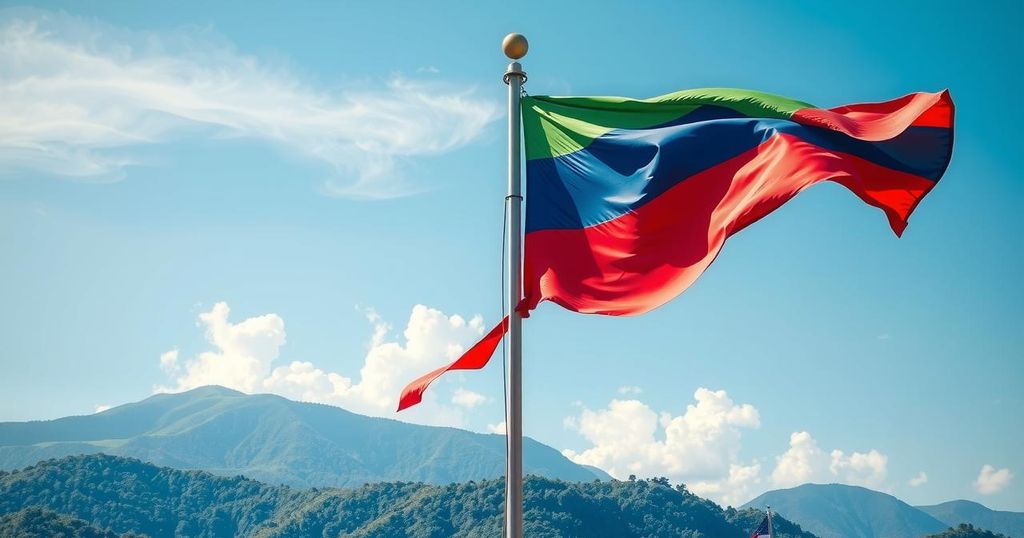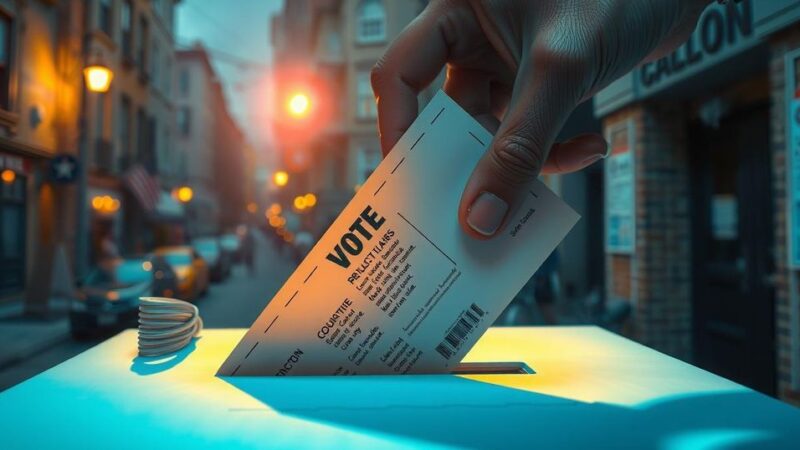Brazilian authorities have charged former President Jair Bolsonaro with attempting to undermine democracy after his election loss, a move that starkly contrasts with the American judicial system’s response to Donald Trump’s actions. The Brazilian Supreme Electoral Court swiftly declared Bolsonaro ineligible for office, while U.S. courts allowed Trump to remain a candidate despite his controversial role during the January 6 insurrection.
Brazil recently took significant steps to uphold its democracy by charging former President Jair Bolsonaro with conspiring to overthrow the government following his election loss in October 2022. Bolsonaro’s tactics closely mirrored those of Donald Trump, but his actions escalated dramatically, reportedly engaging military figures and plotting to harm political opponents. Unlike the American response to similar threats, Brazil’s institutions acted swiftly to protect democracy.
In a notable contrast, Brazil’s Supreme Electoral Court declared Bolsonaro ineligible to run for office until 2030, not due to the coup attempt itself but because of his misuse of position to promote his electoral viability and false claims about the election’s fairness. In the U.S., while Trump faced legal challenges, the Supreme Court ultimately ruled that he could appear on the ballot, failing to match Brazil’s decisive stance against attempts to undermine democracy.
Reflecting on historical contexts, Venezuela witnessed judicial failures in 1999 when the supreme court permitted President Hugo Chávez to rewrite the constitution, which ultimately diminished the rule of law. This striking episode serves as a cautionary tale; the American judicial system could have displayed greater assertiveness similar to Brazil’s institutions.
The Brazilian prosecution directly charged Bolsonaro with attempting a coup d’état, reflecting a forthright approach to accountability. In contrast, investigations into Trump led to convoluted charges framed around legal technicalities, obscuring the gravity of the offenses in question. Brazil’s electoral court emphasized Bolsonaro’s serial abuse of power, shedding simplistic definitions often overlooked in lengthy judicial discourse in the U.S.
Brazil’s swift response to the coup attempt and willingness to hold leaders accountable underscores a profound difference between the two nations. Societal experiences with dictatorship in Brazil heighten the urgency of defending democracy, as older generations possess tangible scars from past regimes. This real threat fosters a deeper national commitment to democratic principles, showcasing an important lesson for the United States.
In summary, Brazil’s decisive actions against Jair Bolsonaro reflect a robust defense of democracy, contrasting sharply with the United States’ more hesitant judicial response to similar threats posed by Donald Trump. The Brazilian judiciary demonstrated a readiness to confront abuses of power, highlighting the importance of accountability in preserving democratic integrity. As Brazil’s recent history illustrates, experiencing dictatorship engenders an urgency to safeguard democratic values, a sentiment that remains to be fully realized in the U.S.
Original Source: www.theatlantic.com






